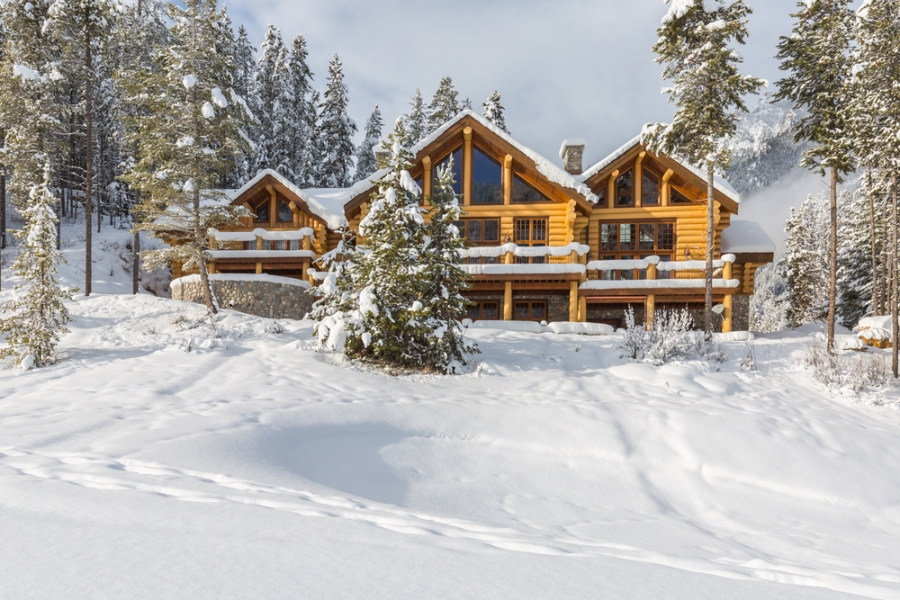The U.S. timeshare industry is worth 9.6 billion dollars, with 9.2 million American households currently owning a timeshare product. Although timeshares can make sense for some, many real estate professionals would agree that there are several factors to consider, and that in most cases, owning a second property is the better option.
What Is A Timeshare?
A timeshare is usually a vacation property, such as a condominium unit, that several people have shared ownership in. Each owner typically purchases a certain period of time in which to use the property; this is usually a 1-2 week period. The buyer is effectively buying the right to use the property during those dates each year.
You Don't Actually Own The Property.
Unlike second homes, when you purchase a timeshare, you are not buying all of the property. Owning a timeshare merely allows you to access the property on a predetermined date. Furthermore, timeshares can be notoriously inflexible when it comes to changing vacation dates. Unless you have a guaranteed vacation week yearly, or have the ability to change your date, a timeshare can become a nuisance to work around.
The Timeshare Market Is Saturated
Have you ever heard of buyers remorse? Timeshares are usually an impulsive decision made in the heat of the moment. If you return home and decide that a timeshare isn't for you, you may find yourself having to sell it at a deep discount. Timeshare property values decrease rapidly and sell for much less on the secondary market.
In comparison, a second home in an active market is almost guaranteed to accumulate equity. Second homes are also a lot easier to sell, as their sales value is dictated by the market and they have a larger pool of potential buyers.
A Timeshare Is Not An Investment
Timeshares require significantly less money up front, and less paperwork, than a second home. This is because a timeshare is not an investment. Even if you manage to use your timeshare for your allotted week every year, it is unlikely that you will recoup your overall costs.
A second home, on the other hand, can be a lucrative investment. If you decide that you no longer want your vacation home, you can sell it - often for more than what you paid. You also have the option to offset your costs by renting your vacation home out, as opposed to a timeshare which usually has restrictions.
Timeshares Are Not Low Maintenance
Vacationers are usually sold on the 'low maintenance' promise of a timeshare. Unlike a second home, timeshares are advertised as a vacation home with little responsibility. This isn't technically true. Timeshares typically have annual fees, which increase periodically.
If you own a vacation home, you are likely to experience maintenance costs along with the other typical expenses of homeownership. Again, this can be offset by renting your second home out to other Vacationers, or by selling your property entirely if it becomes a burden.
If you dream of owning a vacation home where you can create memories with your family, consider buying a second home. Not only will you be able to use it as often as you like, you’ll stand a good chance of coming out of ownership better off financially than you went in.







